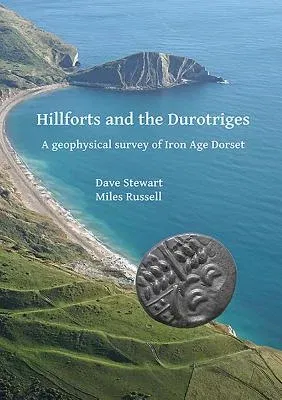Hillforts are among the most dramatic and visually striking of
prehistoric monuments in the British Isles. Dorset, in southern England,
is particularly rich in these Iron Age earthwork enclosures, with over
30 examples being so far recorded, including the internationally famous
sites of Maiden Castle, Hod Hill, Badbury Rings and Hambledon Hill. Many
have been the subject of archaeological investigation, such as the
excavations conducted at Maiden Castle in the 1930s by Tessa and
Mortimer Wheeler, but few have, to date, been intensively examined. This
volume sets out the results of a detailed programme of non-intrusive
geophysical survey conducted across the Dorset hillforts, generating
detailed subsurface maps of archaeological features, in the hope of
better resolving the phasing, form and internal structure of these
iconic sites. The dataset presented here not only helps to change our
perception of what hillforts were, how they functioned and what went on
within them, but also provides a way of assessing their longevity,
reconsidering how they were perceived and reused in subsequent periods.
Given the oft-cited association between the Dorset enclosures and the
Durotriges tribe, who are thought to have occupied the area in the Later
Iron Age, serious consideration is also for the first time given to the
belief that hillforts formed the focus of conflict between the native
tribes and the armies of imperial Rome in the first century AD.

